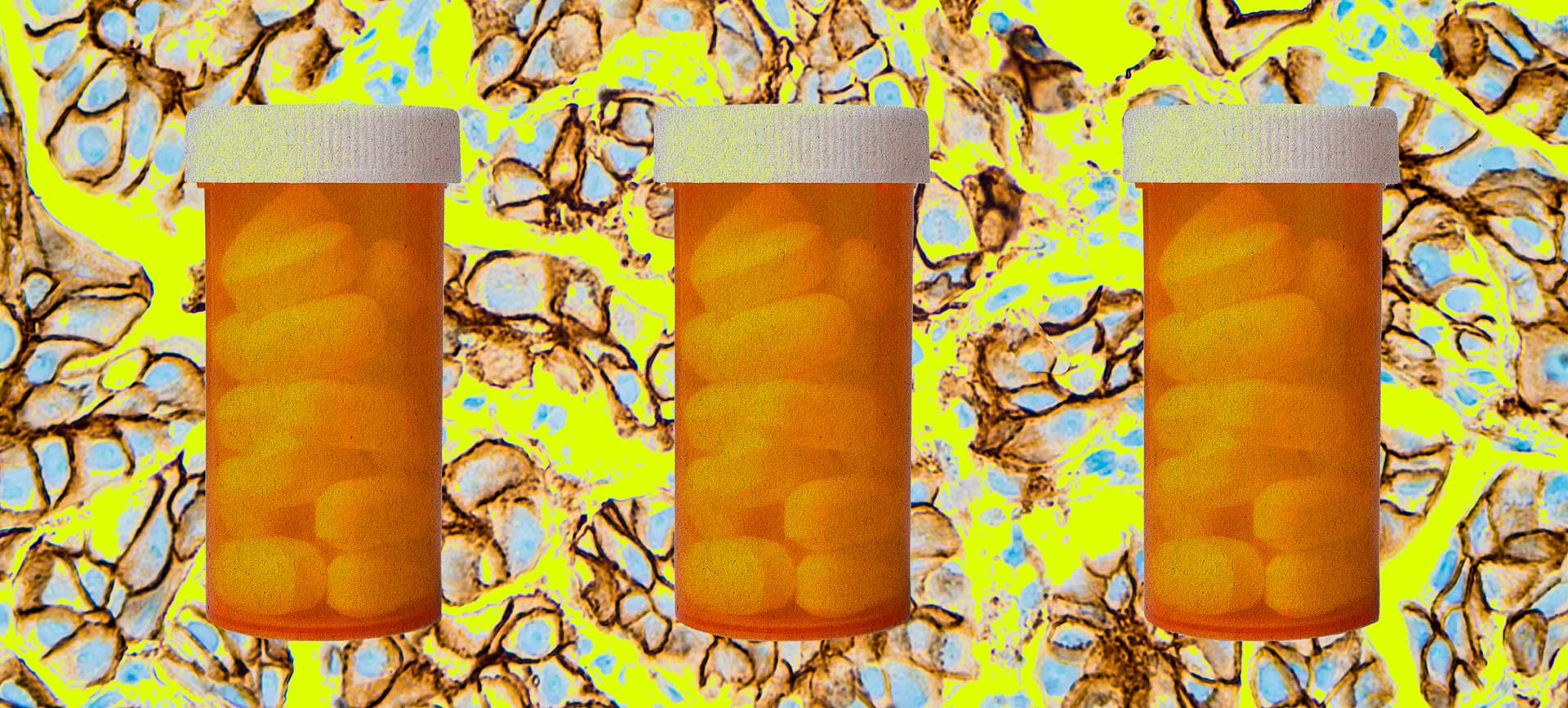"HER2 is a protein found on the surface of a variety of cancer cells, most notably in breast cancer," said Bonni Lee Guerin, M.D., an oncologist and director of the Breast Cancer Treatment and Prevention Center at Overlook Medical Center in New Jersey. "The HER2 protein is responsible for promoting the growth of breast cancer cells."
A gene mutation can cause an overabundance of this protein—which occurs in about 15 percent of breast cancers—that creates an aggressive form of the disease known as HER2-positive breast cancer. Cancer cells with a minimal amount of this protein are referred to as HER2-negative.
Two tests are performed to determine a patient's HER2 score; a score of 3+ or higher is considered HER2-positive, and 2+ or lower was called HER2-negative.
But the DESTINY-Breast04 study created a new category, HER2-low, for patients scoring a 1+ or 2+ on a test. About 60 percent of people put into the HER2-negative category have low levels of HER2, said Aisha Ahmed, M.D., an oncologist and researcher at Arizona Oncology in Tucson.











